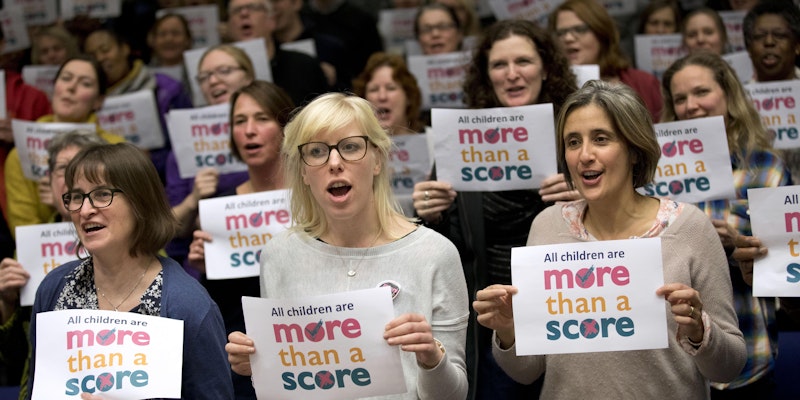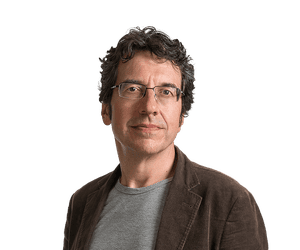Diary
Do contact us with your suggestions for new articles - and we really appreciate comments and other feedback.
Robin Duckett
__________________________________________
We are often asked by parents: "do you know a school with a Reggio-inspired philosophy in our area?"
Here is a request from a new network member – can you help?
Their letter is what so many parents are asking, once they know what it is they are looking for.
"We are a family of four (2 parents, 2 children nearly 4 years old), moving from Los Angeles to London in mid-April. Our daughters have attended a "Reggio-inspired" preschool in Los Angeles since August, and we've witnessed how the "Reggio-inspired" school which values children as already capable citizens has helped them start to truly understand themselves, the world around them and their place in it. For example, when something disagreeable happens, they have an ability to express their feelings, talk about their feelings, offer/reflect on possible solutions/strategies for the future – this is something they do every day at school.
We find this line by John Dewey very instructive: "Education is not the preparation for life. It is life."
We'd love for them to continue their education in London by attending a school and/or connecting with after-school programs/art teachers/like-minded families that prioritise many of the following values:
- learning from one another (children, teachers, parents, environment); learning from doing and child-initiated, rather than following a pre-planned curriculum; where the culture is grounded in listening to the thoughts and passions of the children and reflecting questions with questions (that we don't know the answer to);
- understands that all children are born competent to engage in the world makes relationships with materials, with people, with space, meaningful, contextually-grounded explorations where children are given real tools, real materials, and time to explore, to process;
- supports children in the expansion of their thinking and reflection, not simply telling 'the right answer'; emotional intelligence – children talk about their feelings and are given the opportunity and physical space to sit with their feelings;
- behaviors mean something and are noted without judgment; children are strong, capable, and competent, and their ideas are valuable;
- children already have something to offer the world; modelling respect and empathy; providing clear guidelines/limits and involving children in the problem-solving, rule-making process;
- teachers are researchers, they guide the learning, they take the time to observe the students. They are students, too; scaffolding is used – everything and everyone which supports a child's learning;
- documentation is a key component to teachers' research – words and posters on walls reflects back key aspects of the learning, who we are as a group, who a child is within the group, and it says to children 'we value you;'
- parents are partners – they share in the research process, in what the children and teachers are learning; environment is the third teacher;
- the "100 languages of children," – speaking, drawing, clay, wire, music, hands, work, play, reason, dream, body, mind etc…all are tools for expression and are interconnected.
For now, we are looking for resources within 30 minutes of Notting Hill. Thank you for reading, Sanam Mahloudji and Zachary Krug"
If you are or know of a Notting Hill/West London nursery which you think may fit their bill, please write to us using the message module on the left of this page.
If you are an early childhood setting anywhere in the UK, you might be interested in this survey:
http://www.sightlines-initiative.com/survey-reggio-inspired.html
through this survey we are trying to build a map of settings across the UK which can help you being visible and connected as well as others (like parents or young educators) to open up to new possibilities.
MORE THAN A SCORE: Wed 29 March 2017 6 - 8p.m Maurice Barnett Room, Central Hall Westminster
Join us as we launch the alternative to the current system of primary assessment and accountability. More Than a Score, of which Sightlines Initiative is a member, is uniting teachers, parents, professionals and experts who want children to be at the heart of education policy. Assessment should value children as individuals, not numbers.
Schools, parents and teachers are waiting for the Department of Education to launch its consultation on the future of primary assessment. The system is broken and urgently needs real and meaningful reform.
More Than a Score is committed to promoting a range of forms of assessment to influence teaching effectively -and reveal the full range of a child's abilities - rather than to judge schools.
We are campaigning with teachers, parents and others to end the present system of assessment and introduce an alternative model which enjoys professional and public confidence.
This event is open to teachers, parents, school governors and those with an interest in primary education.
It is free to attend, and you can register HERE.
"When they are allowed to apply their natural creativity and curiosity, children love learning. They learn to walk, to talk, to eat and to play spontaneously, by watching and experimenting. Then they get to school, and we suppress this instinct by sitting them down, force-feeding them with inert facts and testing the life out of them.
There is no single system for teaching children well, but the best ones have this in common: they open up rich worlds that children can explore in their own ways, developing their interests with help rather than indoctrination."
In the midst of organising a presentation day in which we will be demonstrating just such principles, we've been alerted to this article of today by Mr. Monbiot.
Do read it, it is a very cogent and pertinent article. He also references Reggio Emilia, as a place to look to as an example.
And - join us on our Networks Showcase Day in London, on 4 March, in which early childhood educators from London and around the Midlands will be presenting their current endeavours to create places really fit for children's learning and curiosity.



